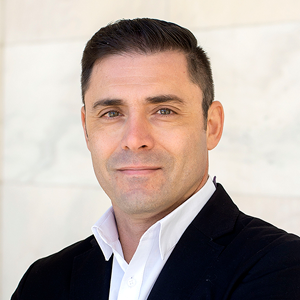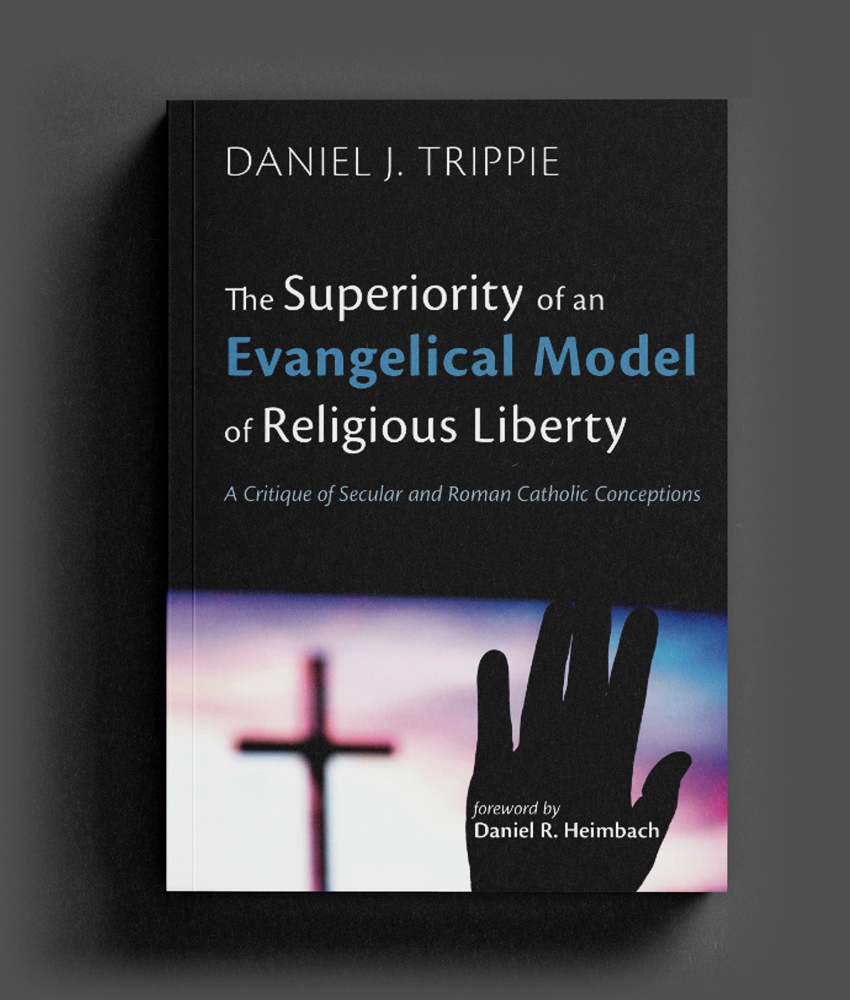We schedule, manage, and stress over the abstract concept we call time. Time is a fascinating idea when you think about it. In one sense, time is simply an abstract concept that keeps track of nature’s patterns — cycles around the sun and the earth’s rotations. In another sense, time encompasses concrete experiences that awaken us to something beyond ourselves. Thus, the new year provides a natural moment to consider how time shapes our lives.
Yet, our relationship with time is paradoxical. We constantly buy new technologies to master time, yet we never truly do. We think about it and live in it all the time, but we seldom consider time beyond its usefulness in making us more productive. Like glasses, we look through them all day but rarely notice them on our faces.
Nevertheless, time is not only a quantitative concept; it is also a qualitative experience. The Old Testament scriptures use the term “time” 296 times, usually referring to particular moments or events. It speaks of the day of distress, the time of peace, and the day of the Lord.
In the New Testament, two Greek words are translated as “time.” The first word is chronos, which tends to be used more quantitatively to measure duration. The second word is kairos, which usually pertains to quality. Time in the New Testament is broadly conceived as the visual form of God’s concrete action in history and the believer’s response. The New Testament authors most prominently use the word “time” in relation to the coming of Christ and the kingdom of God. Thus, time in Christian thought is more than a mental abstraction to measure natural phenomena; it unites us with a supernatural world — the creature to the Creator.
Moreover, time presents each moment as a marker of God’s goodness. As we look back at our photos from 2024, are we really excited by the timestamp, or are our souls quickened by the lived experiences recorded in those photos? The awe of viewing a solar eclipse, the exhilaration of catching wild trout in Wyoming, the indescribable joy of welcoming a new daughter-in-law, and the satisfaction of completing one divine assignment while anticipating a new one. For the believer, time is conceived through the concrete moments where God’s goodness breaks through our consciousness and awakens us to recognize His activity in the world.
Since time is so profoundly theological, it is necessarily ethical. We tend to reduce the ethics of time to mere “management” — don’t waste time, make the most of time, be on time (my favorite)! This is not to imply that managing time is negative. Indeed, Christians are commanded to “redeem the time because the days are evil” (Eph 5:16). However, redeeming time includes more than just management. If time is measured by the moments we are awakened to God’s activity, then redeeming time must also focus on our character development. When we become aware of God’s active presence, we not only experience a foretaste of what is to come, but we also can’t help but desire to become more like Him.
Our days on earth are not only about what we accomplish; they are also meant to prepare us to gaze into the face of God. Therefore, how we conceive of time is not only in the natural process of the earth’s rotation but also in the supernatural process of being conformed to the image of Christ.
So why does this matter? The New Year is when we tend to set goals, fill in calendars, and make resolutions. However, our 2025 plan falls short if we only consider what we want to accomplish and do not reflect on what kind of people we want to become. As we plan for the year ahead, let us record time not only in hours and minutes but also in the moments we enjoy God’s goodness as we prepare for an everlasting home.
Happy New Year









